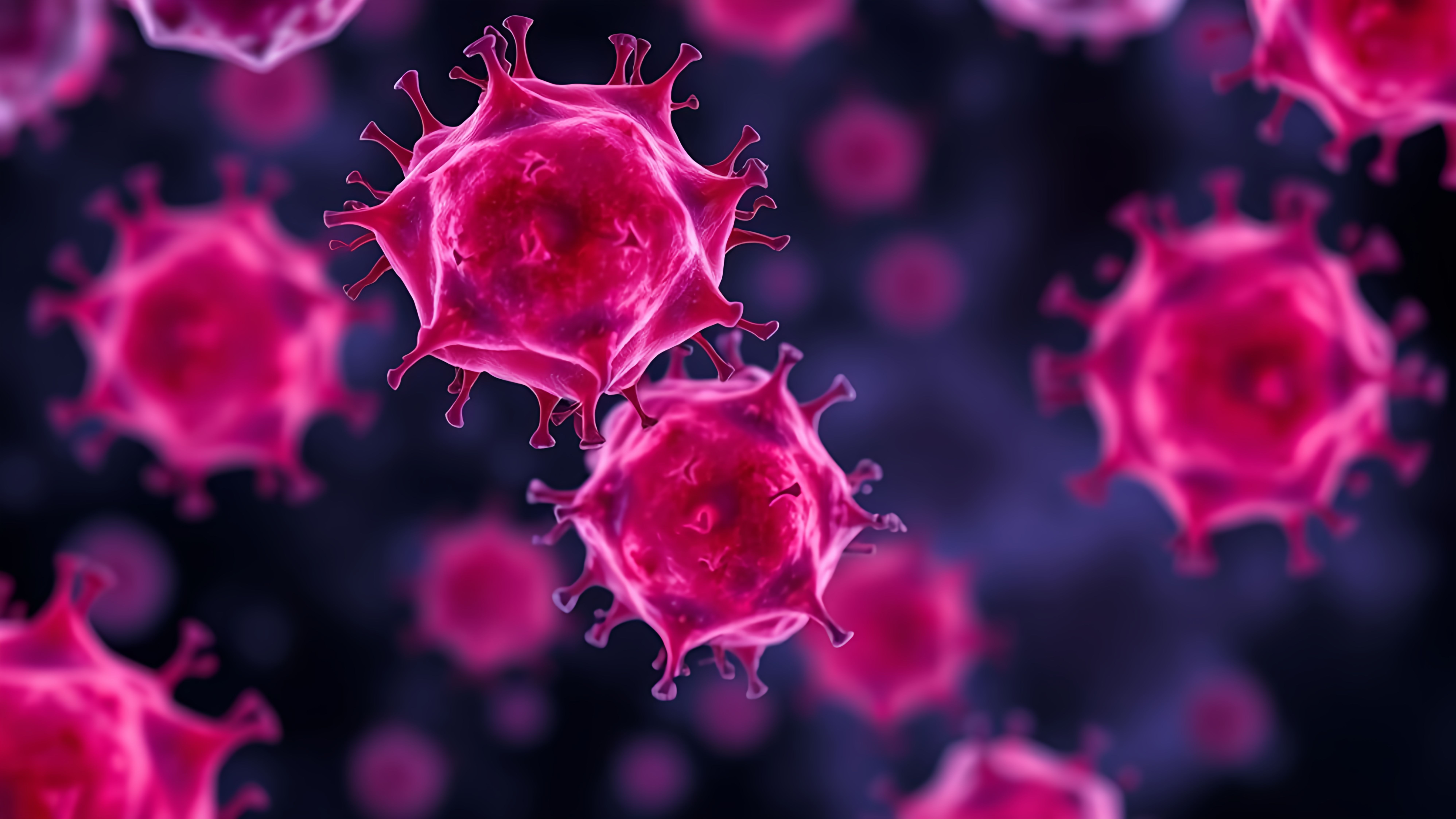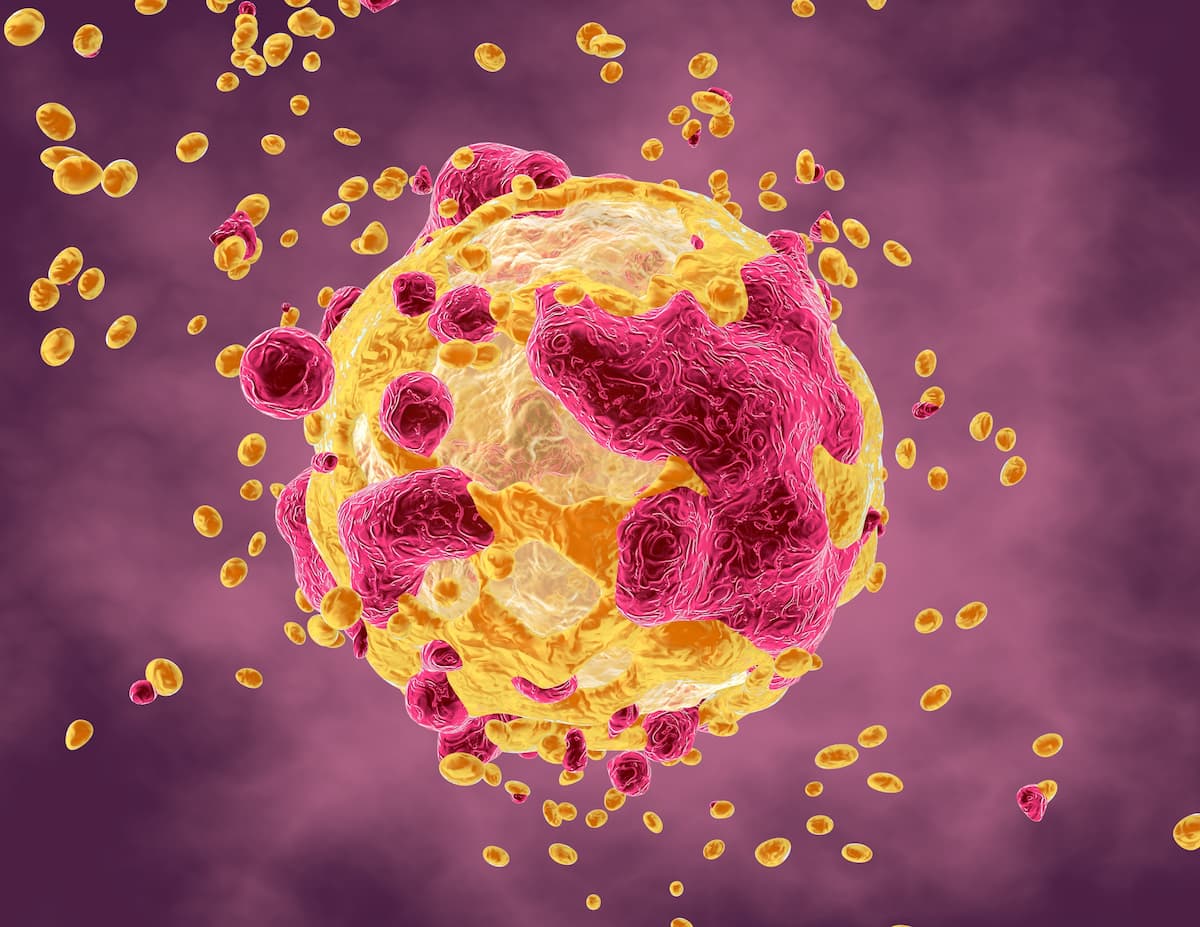
Sarcoma
Latest News
Latest Videos

Shorts

Podcasts
CME Content
More News
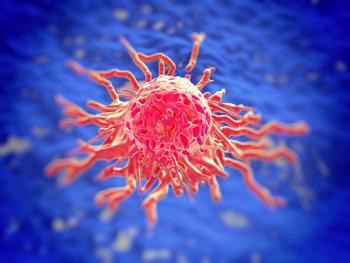
Experts discussed diagnosing and treating epithelioid sarcoma, emphasizing the importance of clinical history and the role of multiple multidisciplinary clinicians in care.
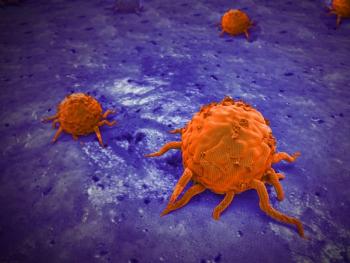
Twenty-two of 27 injected tumors across all patients with soft tissue sarcoma in the study showed complete or partial ablation.

Results from the phase 3 DeFi trial showed superior progression-free survival with nirogacestat vs placebo in patients with progressing desmoid tumors.

Eftilagimod alfa with pembrolizumab and radiotherapy exceeded the median tumor hyalinization/fibrosis vs historical benchmarks in resectable soft tissue sarcomas.

The FDA designation follows an orphan drug designation granted by the European Medicines Agency for THE001 in patients with soft tissue sarcoma.

Personalized therapeutic approaches and novel, targeted medicines can help patients with epithelial sarcoma attain better survival outcomes.

Epithelioid sarcoma is individualized based on disease characteristics, it's methods of treatment vary, and systemic treatment is both targeted medication and chemotherapy.

Experts discuss epithelioid sarcoma diagnosis, management, and targeted therapies, and highlight 3 things everyone should know about treatment.
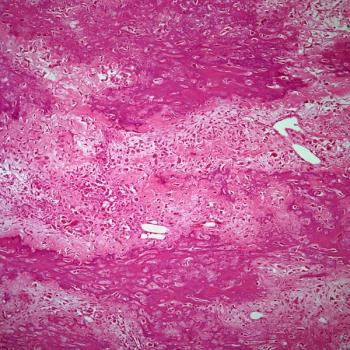
The phase 3 INVINCIBLE-3 trial is evaluating INT230-6 vs standard of care in locally recurrent, inoperable, or metastatic soft tissue sarcoma.
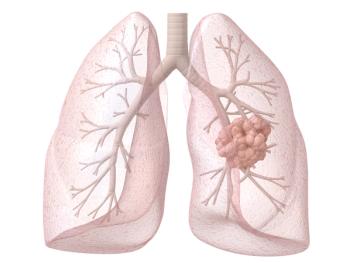
Interim analysis data show improvements in overall survival with OST-HER2 in this osteosarcoma population compared with historical controls.
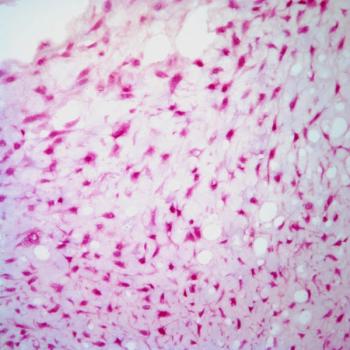
In the IGNYTE-ESO trial, letetresgene autoleucel elicited an ORR of 43%, a median PFS of 7.7 months, and a median DOR of 12.2 months in those with MRCLS.
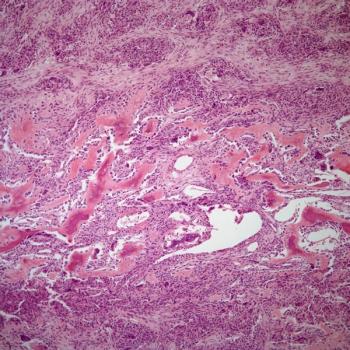
GSK5764227 yielded promising antitumor efficacy while showing no new safety signals in patients with relapsed/refractory osteosarcoma, the phase 2 ARTEMIS-002 trial found.

The SU2C-SARC032 study evaluating pembrolizumab plus radiotherapy and surgery found the regimen was well tolerated with infrequent surgical complications.

The SU2C-SARC032 study evaluating pembrolizumab plus radiotherapy and surgery found the regimen was well tolerated with infrequent surgical complications.

The SeCore CDx HLA A Sequencing System may help identify patients with advanced synovial sarcoma who are suitable to receive afami-cel.

Data from SPEARHEAD-1 support the accelerated approval of afamitresgene autoleucel in metastatic or unresectable synovial sarcoma.
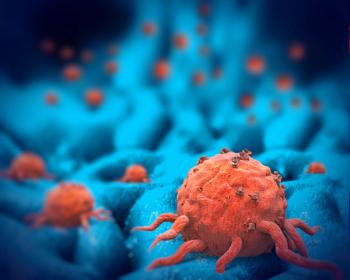
The announcement follows results from the ENVASARC trial, where the primary endpoint needed to support a biologics license application was not met.

Findings from the phase 2 SPEARHEAD-1 trial demonstrate how T-cell receptor therapy may effectively target solid tumors.

Nab-Sirolimus appears to produce responses in patients with perivascular epithelioid sarcoma regardless of TSC1/TSC2 mutation status.

Findings from the phase 3 DeFi trial support the marketing authorization application for nirogacestat as a treatment for adult patients with desmoid tumors in the European Union.

Data from the phase 2 SPEARHEAD-1 trial support the biologics license application for afami-cel as a treatment for patients with advanced synovial sarcoma.

Ciara Kelly, MBBCh, BAO, discusses personalized treatment approaches for patients with soft tissue sarcoma.

Patients with desmoid tumors can now receive nirogacestat following the FDA’s approval of the agent.

An artificial intelligence-based algorithm may help with tailoring treatment for patients with retroperitoneal sarcoma by clarifying the risks of their diseases, says Amani Arthur, MRCPCH.
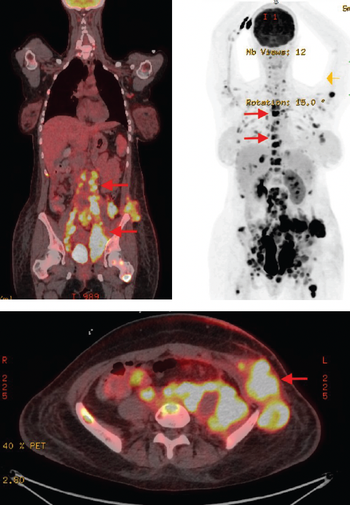
A young woman presents with painless lumps to the emergency department and is later diagnosed with clear cell carcinoma.



